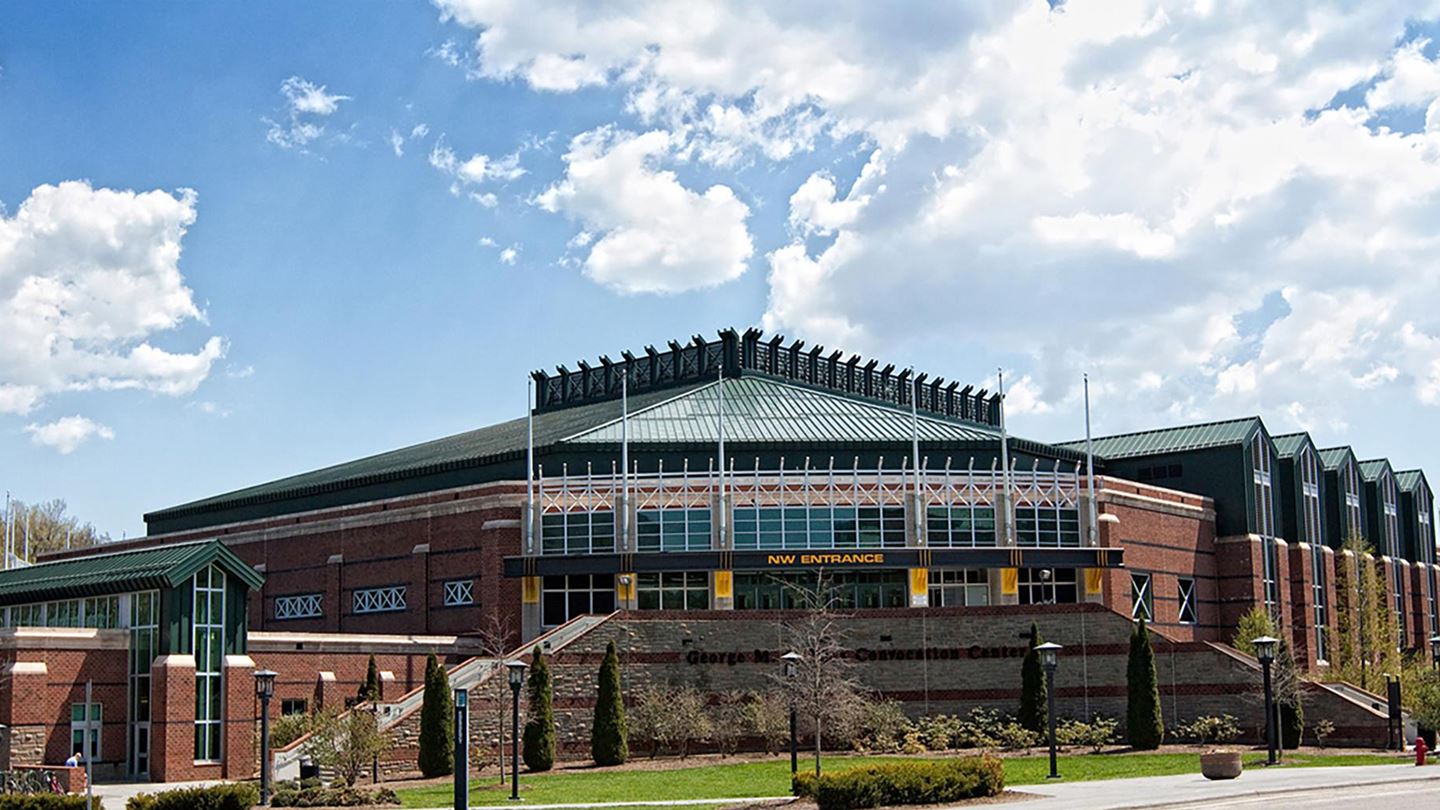Last Updated on January 16, 2018 10:30 am
North Carolina continues to lead the nation in numbers of teachers who have earned certification from the National Board for Professional Teaching Standards, with 616 additional teachers gaining the endorsement last month from the Arlington, Va., based organization.
Nearly 21,500 teachers in North Carolina have attained national certification, which is based on a rigorous performance-based assessment that typically takes from one to three years to complete and measures what accomplished teachers and counselors should know and be able to do.
Nationally, 5,470 teachers earned certification in 2016-17, raising the total among all states to more than 118,000. In addition, almost 3,957 teachers nationally achieved recertification, including 890 board-certified teachers in North Carolina.
North Carolina Superintendent Mark Johnson said the national certification is significant not only for the teachers who earn the credential but also for the students whom they teach.
“Our state’s students are the winners when their teachers invest the time and effort to meet the demanding standards of national certification,” Johnson said. “The certification process helps teachers strengthen their practice to be highly effective educators in their classrooms and able instructional leaders in their schools.”
North Carolina accounts for nearly one-fifth (18 percent) of all teachers nationally who are certified by the teaching standards organization. Florida ranks second with 13,559 (11.5 percent of national total) followed by Washington (10,018), South Carolina (9,024) and California (6,755).
Nationally certified teachers also account for a larger percentage of the total teaching force in North Carolina than any other state, with 21.6 percent having earned the credential. South Carolina ranks second, with 18 percent.
North Carolina school districts also continue to rank among the top 20 districts nationally for numbers of teachers with national certification: Wake County remained first with 2,631; Charlotte-Mecklenburg is fourth with 2,033; Guilford County is ninth with 768; Buncombe County is 17th with 563; and Winston-Salem/Forsyth is 18th with 562.
The NBPTS also ranked the top 50 public and private universities and colleges with the highest number of alumni with the national credential. Nine North Carolina universities or colleges made the top 50: Appalachian State University was first with 2,049, East Carolina University, second with 2,027; the University of North Carolina at Chapel Hill, fourth with 1,350; the University of North Carolina at Greensboro, fifth with 1,335; the University of North Carolina at Charlotte, eighth with 1,195; North Carolina State University, 18th with 891; Western Carolina University, 20th with 863; the University of North Carolina at Wilmington, 21st with 826; and Meredith College, 46th with 442.
Teachers in North Carolina who achieve certification receive a 12 percent salary supplement to their regular pay. They also are awarded eight continuing education credits (CEUs).
North Carolina supports teachers pursuing national certification by providing low-interest loans to pay the $1,900 assessment fee and three paid release days from normal teaching duties for new candidates to develop their portfolios. Also, the State Board of Education awards a North Carolina teaching license to out-of-state teachers who are employed in North Carolina and who possess the national certification.
Certification by the National Board is the highest credential in the teaching profession, and participation is voluntary. As a part of the certification process, candidates build a portfolio that includes student work samples, assignments, videotapes and a thorough analysis of their classroom teaching. Certification is currently available to educators in 25 fields.
The National Board in 2014-15 revised its certification process to make it more flexible and affordable while maintaining the same rigorous standards. Teachers can still earn certification in one year but can choose to take several years depending on their personal circumstances. The overall cost has decreased and candidates may pay for and submit each component separately.
Additional information about the national certification is available online.



















